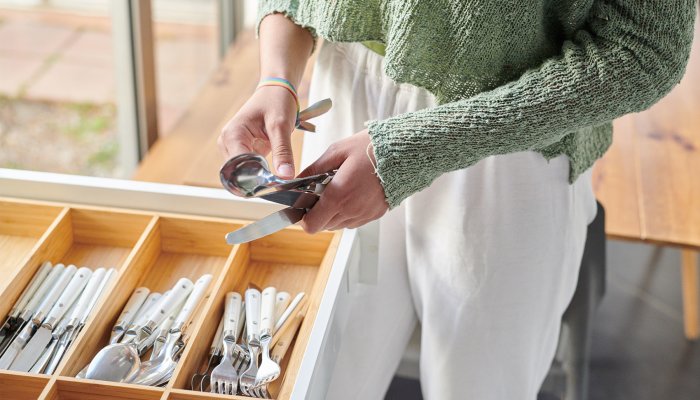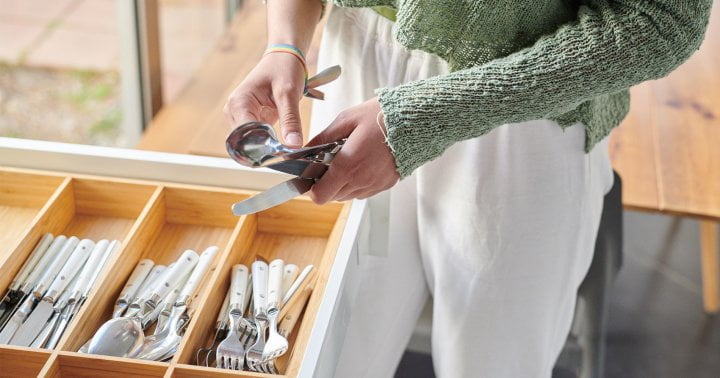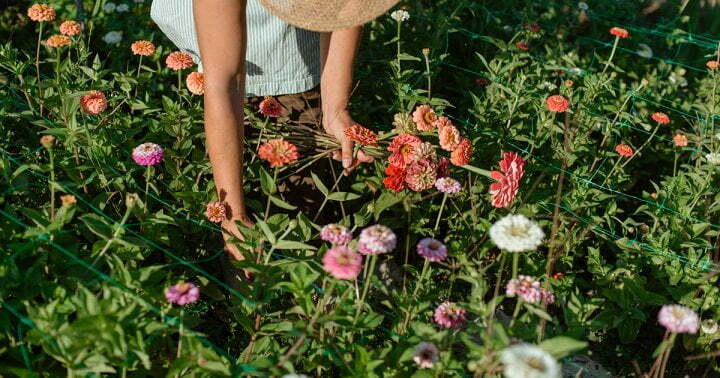Have A Hard Time Decluttering? This Emotion Could Be Standing In The Way

For people of the African diaspora and other marginalized communities, the complexities of our history and family dynamics can easily lead to us blaming others for behaviors and spending habits that have contributed to our excess. Therefore, it is important that your forgiveness extend to your caregivers and your community as well.
Extend grace to anyone who helped raise you and understand that they may have been doing the best they could under the circumstances, whether it was due to lack of education, resources, or guidance. Practicing forgiveness is an opportunity for you to acknowledge these challenges and complexities…and to make a decision to do things differently going forward. And not just for yourself but for your descendants and community as well. Consider these words by Indigenous writer Tommy Orange as part of this process:
“What we are is what our ancestors did. How they survived. We are the memories we don’t remember, which live in us, which we feel, which make us sing and dance and pray the way we do, feelings from memories that flare and bloom unexpectedly in our lives like blood through a blanket from a wound made by a bullet fired by a man shooting us in the back for our hair, for our heads, for our bounty, or just to get rid of us.” —Tommy Orange, There There
As you work through the many extensions of forgiveness that you may have to give to family members and friends, remember many choices and beliefs are remnants of what our ancestors had to do to survive. So, forgive. And commit to making different choices to benefit our community, individually and collectively.
This article was originally published by mindbodygreen.com. Read the original article here.




